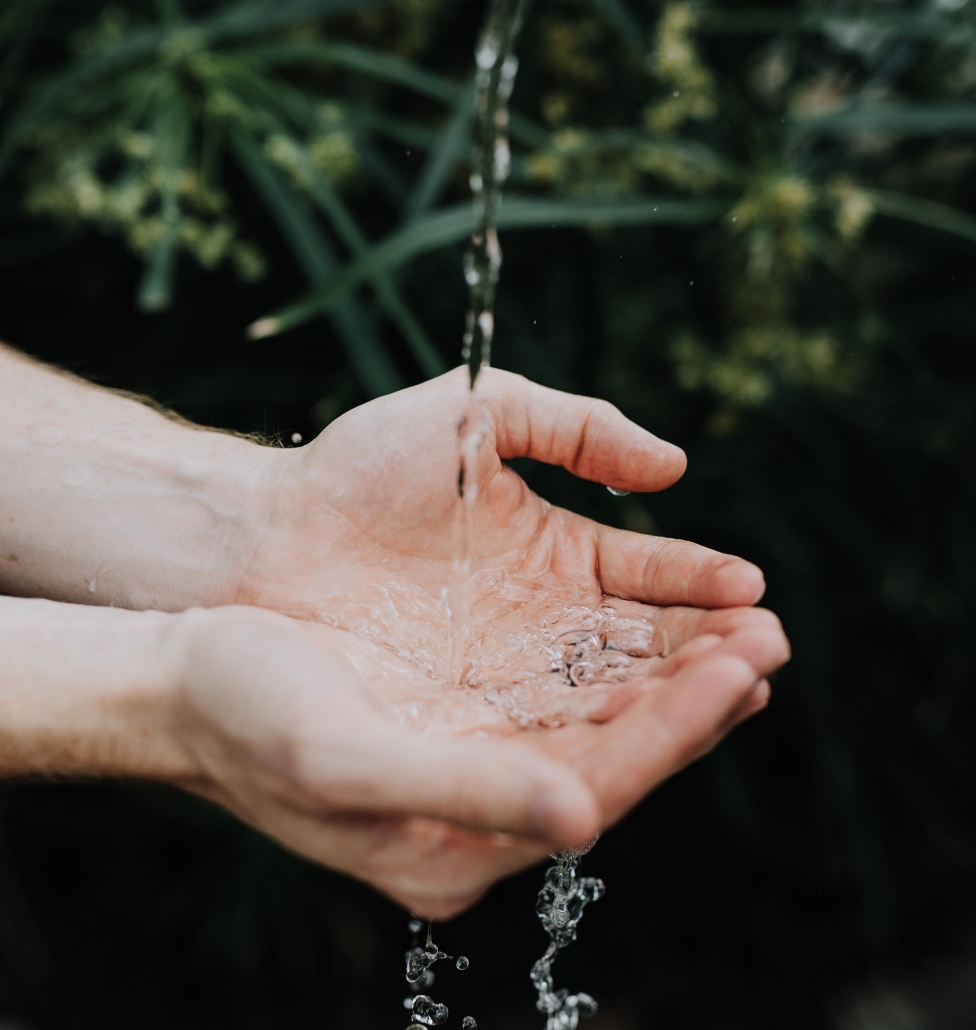Bathroom Water Conservation
Bathroom Water Conservation — Tips Can Help Save On Your Bills While Saving Your Planet
Water Conservation:
In today’s eco-friendly world that we live in, it seems we’re always searching for ways to conserve better. This line of thinking certainly holds true regarding different products, methods, and practices used for plumbing purposes. Consequently, there are many different areas and ways that your plumber can help to be “greener” and earth-friendly. Likewise, there are many instances and actions that you can take to assist in the cause.
Old Homes vs. New Homes Bathroom Water Conservation
So, like most people, you probably don’t think about your plumbing very often. But when something goes wrong with the pipes or fixtures in your home, it can quickly become a top priority. And if you’re dealing with an old house, the plumbing system can be incredibly challenging.
You should know a few critical differences between plumbing in old and new homes. First, the materials used in plumbing have changed over the years. Older homes were often built with lead pipes, while newer homes are more likely to have copper or plastic pipes. This can affect the quality of your water and the speed at which your pipes corrode.
Second, the way that water is distributed has changed as well. In older homes, gravity was often used to move water from one level to another. This meant that the plumbing in an old home was often more complex, with multiple pipes and fixtures needed to supply water to all parts of the house. Today, most homes have a central water supply system that uses pumps to move water where it’s needed. This can simplify the plumbing in your home and make repairs easier.
Follow these Tips for real-world bathroom water conservation!

Following these water conservation tips will help reduce water usage and save money. Conserving water also helps preserve our natural resources for future generations. Every little bit counts, so do your part to protect our planet!
- Turn the faucet off while brushing your teeth
- Take shorter showers
- Fix any leaks in your home
- Don’t leave the water run while washing dishes
- Use a broom instead of a hose to clean your driveway or sidewalk
- Water your plants during the cooler hours of the day
- Collect rainwater in a rain barrel for watering plants
- Install low-flow showerheads and toilets
- Wash only full loads of laundry or dishes
- Use recycled water for irrigation or other non-potable uses
Finally, advances in technology have led to more efficient fixtures and appliances. Toilets, for example, use far less water than they did even a few decades ago. This saves water and reduces wear and tears on your plumbing system.
Suppose you’re dealing with an old home, then it’s essential to be aware of these differences. Plumbing repairs can be more challenging in an old house, but understanding the unique challenges can help you get the job done right.





